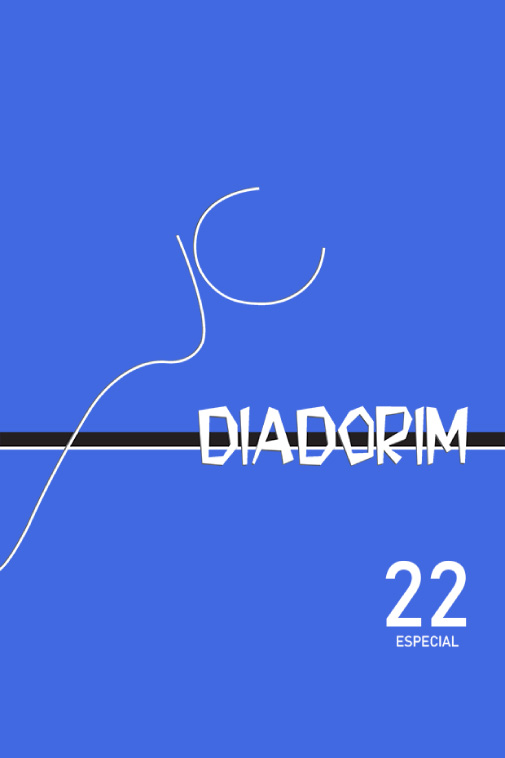What we call identity: a reading of Tudo pode ser roubado, by Giovana Madalosso
DOI:
https://doi.org/10.35520/diadorim.2020.v22n3a36125Keywords:
Performance, Identity, Giovana Madalosso, Brazilian literature.Abstract
The following article proposes a reading of Giovana Madalosso's Brazilian novel Tudo pode ser roubado (2018), based on the idea of performativity, presented throughout the work of Judith Butler (2017), applying it to the characters of the narrative and its apparent dialogue with O Guarani (1857), by José de Alencar, in order to question not only the construction of gender identities, but also the construction of a national identity within the subject's own ontology in the characters of the narrative.
References
ALENCAR, José de. O Guarani. São Paulo: Melhoramentos, 1970.
BAUMAN, Zygmunt. Tempos líquidos. Translated by Carlos Alberto Medeiros. Rio de Janeiro: Zahar, 2007.
BENTO, Berenice. A reinvenção do corpo: sexualidade e gênero na experiência transsexual. Garamond: Rio de Janeiro, 2006.
BERGSON, Henri. Matéria e memória. Translated to Portuguese by Paulo Neves. São Paulo: Martins Fontes, 2010.
BUTLER, Judith. Problemas de gênero: feminismo e subversão da identidade. Translated to Portuguese by Renato Aguiar. Rio de Janeiro: Civilização Brasileira, 2017a.
BUTLER, Judith. Caminhos divergentes: judaicidade e crítica do sionismo. Translated to Portuguese by Rogério Bettoni. São Paulo: Boitempo, 2017b.
DEBORD, Guy. A sociedade do espetáculo. Translated to Portuguese by Estela dos Santos Abreu. Rio de Janeiro: Contraponto, 1997.
MADALOSSO, Giovana. Tudo pode ser roubado. São Paulo: Todavia, 2018.
Downloads
Published
Issue
Section
License
Copyright transfer -- Authorization to publication
If the submitted article is approved for publication, it is already agreed that the author authorizes UFRJ to reproduce it and publish it in Diadorim: revista de estudos linguísticos e literários, the terms "reproduction" and "publication" being understood as defined respectively by items VI and I of article 5 of Law 9610/98. The article can be accessed both by the World Wide Web (WWW) and by the printed version, with free consultation and reproduction of a copy of the article for the own use of those who consult. This authorization of publication is not limited in time, and UFRJ is responsible for maintaining the identification of the author of the article.

The journal Diadorim: revista de estudos linguísticos e literários is licensed under a Creative Commons Attribuition-NonCommercial 4.0 International (CC BY-NC 4.0).

